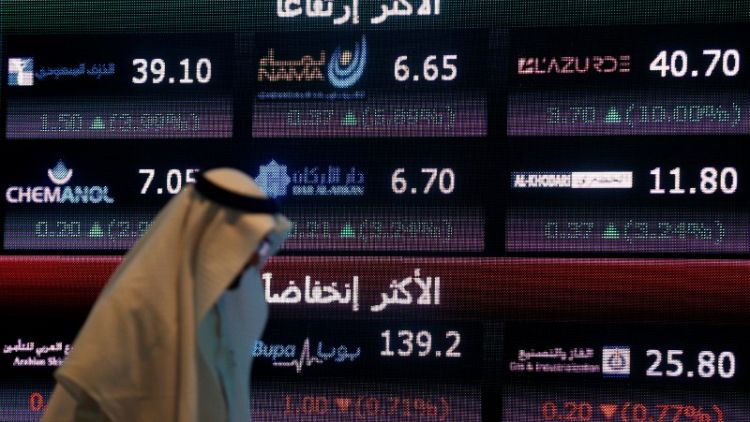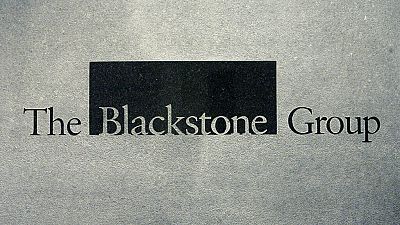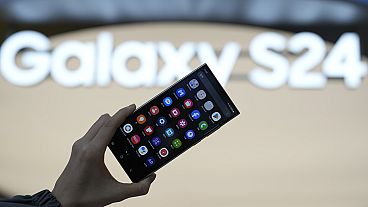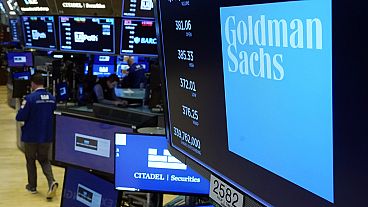By David French
NEW YORK (Reuters) - Saudi Arabia's stock exchange will work with stakeholders to ensure the substantial inflows of capital it is expecting in the coming months will not adversely affect the market, the bourse's chief executive said on Wednesday.
Khalid al-Hussan was speaking to Reuters after the Tadawul, as the exchange is known, was granted inclusion by MSCI into the index provider's Emerging Markets benchmark, a move that could result in as much as $45 billion of new capital being invested into the kingdom.
MSCI's decision comes three months after fellow index firm FTSE Russell granted Saudi Arabia emerging market status on its own product, a decision that was estimated to yield a further $30 billion (22.79 billion pounds) of investor capital.
For the Gulf's largest bourse, potential combined inflows into a market with a capitalization of 1.95 trillion riyals ($519.9 billion) will need to be carefully managed.
"We will start immediately to address all the activity - we will be ready," Hussan said in a phone interview.
"We will work with MSCI and FTSE to take all necessary steps to launch these implementations."
Given the size of Saudi's weighting on both providers' indices, its introduction is being staggered: FTSE will bring Saudi stocks on board in several stages between March and December 2019, while MSCI said on Wednesday the kingdom would enter in phases coinciding with index reviews in May and August 2019.
The new capital is also split between "passive", index-linked funds, which must invest according to the weighting set by the index provider, and "active" funds, which set their own limits.
Hussan expected 25-30 percent of the projected $45 billion of MSCI inflows to be from "passive" funds, which would buy into the market around the inclusion dates.
The bourse would now work to attract "active" MSCI money, and was already seeing inflows from "active" FTSE managers, he added.
MSCI added China shares to its emerging markets benchmark this month but inflows have so far fallen short of expectations. Fears of a China-U.S. trade war partly eclipsed the much-hyped addition of the world's second-largest equity market by capitalization.
ARAMCO LISTING
Inflows to Saudi Arabia could, however, be bolstered further by the listing of state oil giant Saudi Aramco <IPO-ARMO.SE>, which is expected to be the world's largest publicly-traded company. The timing of the initial public offering is uncertain, although next year is considered more likely.
If Aramco goes public, MSCI capital inflows would double to around $90 billion, according to Usman Ahmed, managing director, investments, at Emirates NBD Asset Management.
While an Aramco listing would be a huge lure for foreign investors, Hussan points to the work the kingdom has done to make the Tadawul an attractive place to invest.
Among the changes announced this year include rules governing market-making, establishing a company which will ultimately clear all trades on the Saudi bourse, and introducing a new mechanism to set the closing price of shares that is more in line with international standards.
(Reporting by David French in New York; Addditional Reporting by Davide Barbuscia in Dubai; Editing by Jacqueline Wong)



